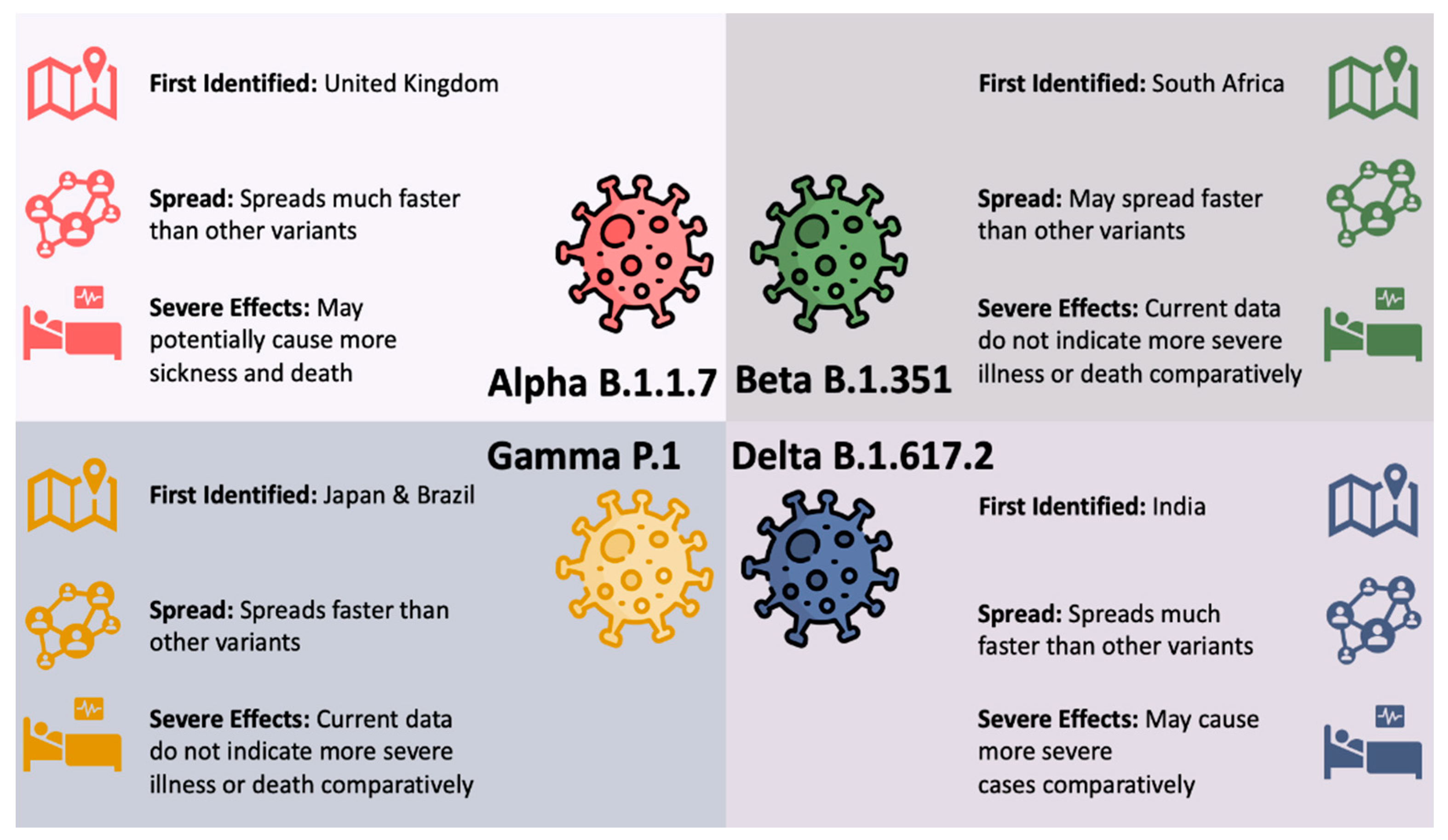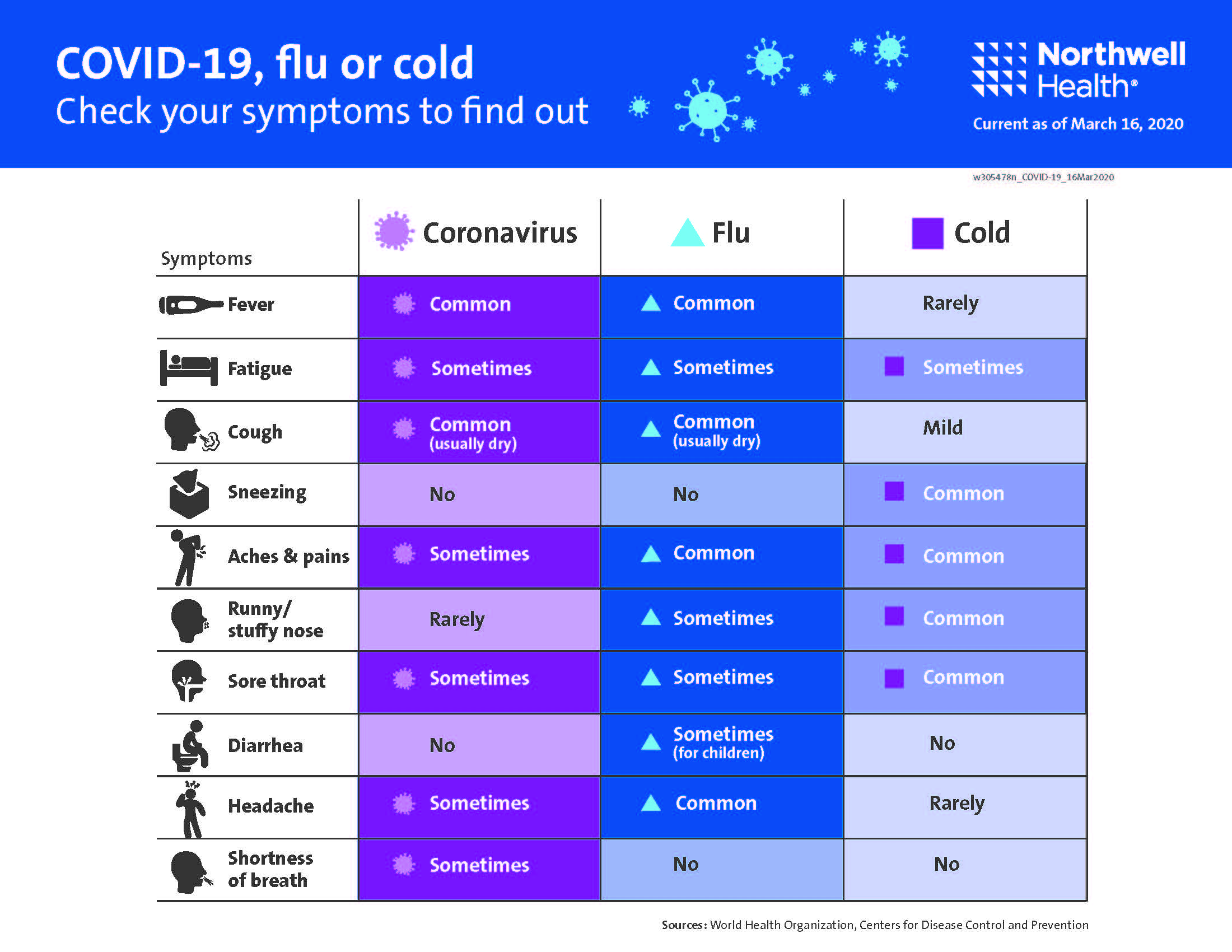COVID Variant Symptoms

Covid variants symptoms – The symptoms associated with COVID-19 can vary depending on the variant of the virus. Some variants may cause more severe symptoms than others, and some may be more likely to cause certain symptoms. It is important to be aware of the different symptoms associated with each variant so that you can take steps to protect yourself and others.
The symptoms of the new COVID variants can vary, but generally include fever, cough, and shortness of breath. While the world grapples with the pandemic, it’s interesting to note that even isolated countries like North Korea have their own take on popular culture, including North Korean K-pop.
Despite the challenges posed by the virus, it’s evident that the human spirit continues to find ways to express itself, even in the most unexpected places. Returning to the topic of COVID variants, it’s crucial to stay informed about the latest symptoms and preventive measures to safeguard our health and well-being.
Common Symptoms
The most common symptoms of COVID-19 include:
- Fever or chills
- Cough
- Shortness of breath or difficulty breathing
- Fatigue
- Muscle or body aches
- Headache
- New loss of taste or smell
- Sore throat
- Congestion or runny nose
- Nausea or vomiting
- Diarrhea
Variant-Specific Symptoms
Some variants of COVID-19 may be more likely to cause certain symptoms than others. For example, the Omicron variant is more likely to cause sore throat, runny nose, and congestion than other variants. The Delta variant is more likely to cause fever, cough, and shortness of breath.
| Variant | Common Symptoms |
|---|---|
| Alpha | Fever, cough, shortness of breath, fatigue, muscle aches, headache |
| Beta | Fever, cough, shortness of breath, fatigue, muscle aches, headache, sore throat, runny nose |
| Gamma | Fever, cough, shortness of breath, fatigue, muscle aches, headache, sore throat, runny nose, diarrhea |
| Delta | Fever, cough, shortness of breath, fatigue, muscle aches, headache, sore throat, runny nose, nausea, vomiting |
| Omicron | Sore throat, runny nose, congestion, fatigue, headache, muscle aches, fever, cough, shortness of breath |
Reasons for Variations in Symptoms
There are several reasons why different variants of COVID-19 may cause different symptoms. One reason is that the variants have different mutations in their genetic code. These mutations can affect the way the virus interacts with human cells, which can lead to different symptoms.
While the Omicron variant of COVID-19 continues to spread rapidly, many are also seeking information on financial assistance programs like ssi ssdi va stimulus check. Despite these concerns, it’s crucial to stay informed about the symptoms of COVID-19 variants and take necessary precautions to protect yourself and others.
Another reason for variations in symptoms is that people’s immune systems may respond differently to different variants. Some people may have a stronger immune response to one variant than another, which can lead to more severe symptoms.
Impact of COVID Variants on Symptom Severity

COVID variants have demonstrated varying impacts on the severity of symptoms experienced by infected individuals. Some variants have been associated with more severe disease, leading to increased hospitalization and mortality rates, while others have been less severe. Understanding the impact of variants on symptom severity is crucial for informing public health measures and clinical management strategies.
Hospitalization and Mortality Rates Associated with Different Variants
A comparative analysis of different COVID variants has revealed significant variations in their associated hospitalization and mortality rates. For instance, the Alpha variant (B.1.1.7) has been linked to higher hospitalization rates compared to the original strain. Similarly, the Delta variant (B.1.617.2) has been associated with increased mortality rates, particularly in unvaccinated populations. In contrast, the Omicron variant (B.1.1.529) has generally been associated with milder symptoms and lower hospitalization rates.
Factors Contributing to More Severe Symptoms in Certain Variants
Several factors contribute to the varying severity of symptoms observed across different COVID variants. These factors include:
- Viral Load: Variants that produce higher viral loads in infected individuals are more likely to cause severe symptoms. The Alpha and Delta variants have been shown to have higher viral loads than the original strain, which may explain their increased severity.
- Immune Evasion: Variants that can evade the immune system are more likely to cause breakthrough infections and severe disease in vaccinated individuals. The Omicron variant has mutations that enable it to partially evade immunity from previous infection or vaccination, contributing to its increased transmissibility and potential for severe symptoms in vulnerable populations.
- Genetic Predisposition: Certain genetic factors may influence the severity of COVID-19 symptoms. Studies have identified genetic variants associated with increased susceptibility to severe disease, which may explain why some individuals experience more severe symptoms than others infected with the same variant.
Tracking and Monitoring COVID Variants: Covid Variants Symptoms

Effective tracking and monitoring of COVID variants are crucial for understanding their spread, assessing their impact, and developing appropriate public health measures. Several methods are employed by health organizations to monitor the emergence and spread of new variants.
Surveillance Strategies, Covid variants symptoms
Surveillance strategies employed by health organizations include:
- Viral Sequencing: Analyzing the genetic material of the virus to identify mutations and track the emergence of new variants.
- Case Reporting: Collecting data on COVID-19 cases, including information on symptoms, travel history, and potential exposures, to identify clusters and trends.
- Sentinel Surveillance: Monitoring a representative sample of the population for COVID-19 symptoms and testing to track the prevalence and spread of variants.
- Wastewater Surveillance: Monitoring wastewater samples for the presence of the virus to detect the presence and prevalence of variants in the community.
- International Collaboration: Sharing data and collaborating with other countries to track the global spread of variants and identify emerging threats.
Benefits and Limitations of Tracking Approaches
Different tracking approaches have their benefits and limitations:
| Approach | Benefits | Limitations |
|---|---|---|
| Viral Sequencing | – Accurate identification of variants – Provides detailed genetic information |
– Expensive and time-consuming – May not be accessible in all settings |
| Case Reporting | – Provides real-time data on cases – Can identify clusters and trends |
– May be incomplete or biased – Relies on individuals seeking testing |
| Sentinel Surveillance | – Representative of the population – Can detect emerging trends |
– Limited sample size – May not capture all cases |
| Wastewater Surveillance | – Non-invasive and cost-effective – Can detect variants in the community |
– May not provide individual-level data – Can be influenced by factors such as rainfall |